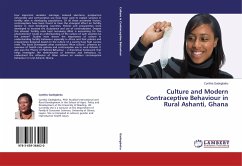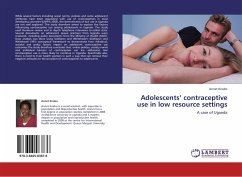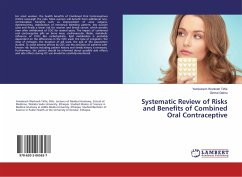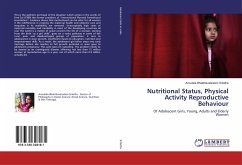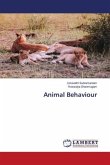Four important variables: marriage, induced abortions, postpartum infecundity and contraceptive use have been used to explain variance in fertility rates in developing populations. Of all these proximate factors, contraceptives have been found to have the strongest effect on fertility decline in most developing countries. Policies and programmes were developed to increase the acceptance and use of contraceptives. Despite this attempt fertility rates kept increasing. What is accounting for this phenomenon? Could an understanding of the culture of such societies be the answer? Studies have shown the importance of culture in understanding fertility behaviour especially in Africa and that policies and programmes designed based on the culture of a society have high success rates. This book investigates what constitutes Akan culture , presents an overview of health care systems and contraceptive use in rural Ashanti. It also uses the Theory of Planned Behaviour a theoretical framework that helps investigate the determinants of intention and behaviour, to understand the influence of Akan culture on modern contraceptive behaviour in rural Ashanti, Ghana.
Bitte wählen Sie Ihr Anliegen aus.
Rechnungen
Retourenschein anfordern
Bestellstatus
Storno

